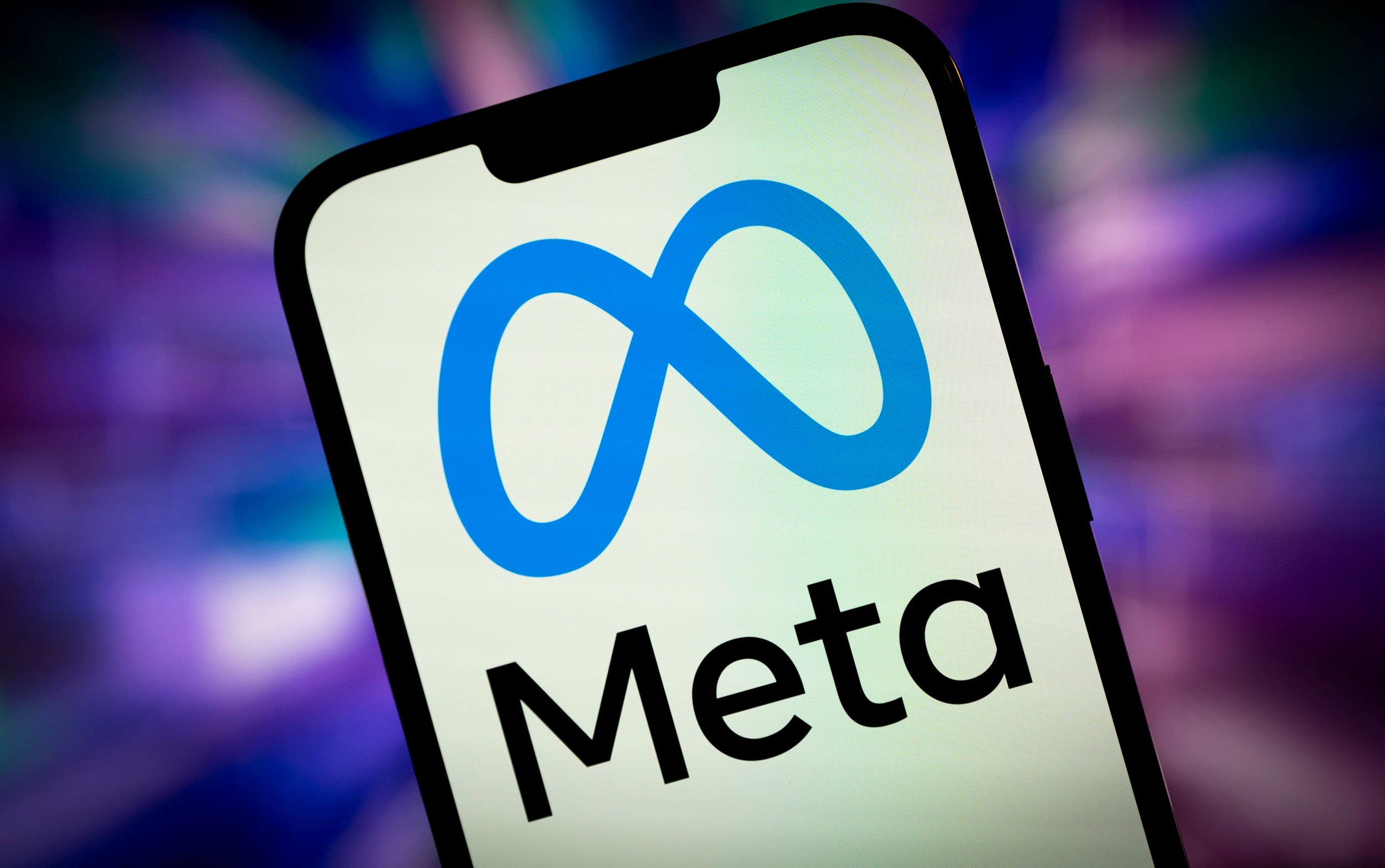
Image source: Facebook.
Facebook (FB 2.47%) is starting to get serious about letting users cash in on their popularity. Industry sources are telling Recode that Facebook is working with video publishers to test a "mid-roll" ad format on longer clips, a move that would take it a baby step closer to Alphabet's (GOOG 0.04%) (GOOGL 0.08%) YouTube in terms of content monetization.
It's important to frame this move correctly. Unlike YouTube, which lets any user apply to participate in revenue-sharing deals on their original uploads, Facebook's move is currently limited to established media companies. The videos must also be at least 90 seconds long to participate, something that may seem like an eternity in this clip culture.
We also don't know if Facebook's massive audience will put up with ads that interrupt a video 20 seconds into the streaming process. If pre-roll ads on Alphabet's YouTube are groan generators, it's hard to favor an advertising format that cuts into a clip just when the viewer is starting to grow engaged.
However, there's a method to Facebook's madness. Making publishers put out longer videos to hit the 90-second minimum and making them engaging enough to retain viewers 20 seconds into the clip will make the social networking hub more engaging.
Taking on YouTube
Video and eventually video advertising have been part of Facebook's master plan for some time. With 1.79 billion monthly active users, giving the internet's largest social networking audience some eye candy makes sense. However, with YouTube and recently Twitter (TWTR +0.00%) ramping up their monetization tools, Facebook is going to have to start offering financial incentives to top creators if it doesn't want folks to take their viral videos somewhere else.
Revenue-sharing deals have been around since Alphabet launched the YouTube Partners program in 2007. Twitter would go on to revamp Twitter Amplify in 2015, letting major entertainment brands cash in on pre-roll video ads streaming through the site. The program was reportedly opening up to individual creators late last year.
Facebook will inevitably have to follow suit. Facebook Live has helped the site become the home to several news-generating streams, but if it wants folks to rely on it as their primary broadcasting hub, they are going to have to transform Facebook into a cottage industry for 1.79 billion cottages. Alphabet's YouTube is doing that (and successfully). Twitter is trying.
It won't be easy for Facebook. Folks already accept ads on YouTube, and YouTube has gotten better by rolling out a wide array of ad types. Facebook has limited the revenue-generating opportunities on its clips only to high-end publishers and then mostly through brand sponsorships that aren't as invasive as the mid-roll ads it will reportedly be testing out now. However, if Facebook users don't flinch -- and if Facebook is quick to roll out these options to much smaller publishers -- it can make the already sticky social networking giant even more engaging to both content creators and content consumers.








